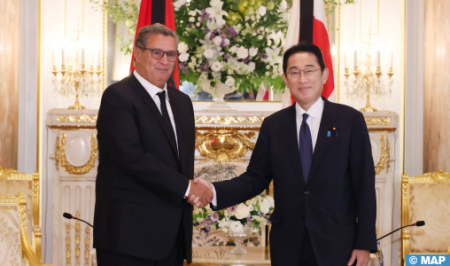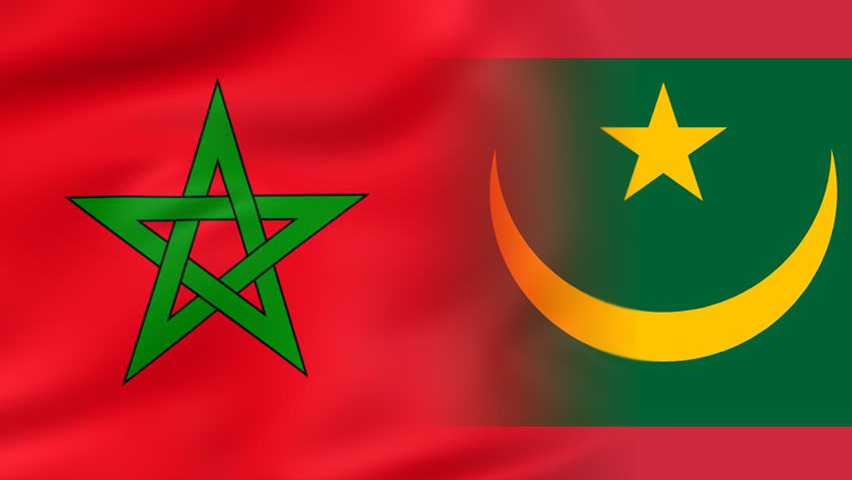 The Washington-based Brookings Institution highlighted Morocco’s performance in the vaccination campaign against Covid-19, listing the Kingdom among the best performers in the Middle East and North Africa region.
The Washington-based Brookings Institution highlighted Morocco’s performance in the vaccination campaign against Covid-19, listing the Kingdom among the best performers in the Middle East and North Africa region.
In a paper titled “One year of COVID-19 in the Middle East and North Africa: The fate of the ‘best performers’”, the Institution underlined the strong initial response and early proactive measures adopted by Morocco as well as by Jordan and Tunisia that it described as best performers in the MENA region.
During the initial period of the pandemic, between March and September 2020, they managed the medical emergency well, thanks to strong and proactive security and public health responses, the report outlines.
As a result, compared to many of their regional neighbors, Morocco, Tunisia, and Jordan maintained relatively low numbers of cases and deaths during the initial phase of the outbreak. In fact, between March and August 2020, these countries were three of the best performers in the MENA region in terms of infections and deaths.
In this connection, the Brookings Institution recalled that Morocco’s daily new infections per one million people were controlled, and never surpassed 40 before September 2020.
According to the Institution, this success was largely due to the strong initial security and public health responses.
“Jordan, Tunisia, and Morocco adopted some of the strictest security responses of any country in the region. All three declared a state of national emergency as early as March 2020, closed borders and suspended flights, shut down schools, imposed curfews, banned public gatherings, implemented a mandatory general lockdown, and imposed strict social distancing,” the report states, adding that these measures were implemented effectively and communicated extensively with the public on a daily basis.
Another major strength shared by the three MENA countries was their effective institutional coordination of their COVID-19 response, the report states, describing the situation in each of these countries.
Regarding Morocco, it notes that two committees were created in March 2020 to deal with the health and economic dimensions of the pandemic, respectively. The committees “successfully advised the regime on economic and health policy, including on securing doses of the vaccine early on,” the report adds.
Morocco, like Jordan and Tunisia, however, struggled to control the outbreak during the second wave as they eased restrictions in favor of recovering their economies, the report notes, adding that these countries now face the challenge of securing and administering vaccine doses to a majority of their populations to limit the spread of the outbreak and the loss of life.
Today, Morocco, Tunisia, and Jordan hope to contain the outbreak by vaccinating a majority of their populations; they aim to do this in or by the spring of 2021. However, they will face major obstacles, primarily because of vaccine insecurity and uncertainty at a global level, as the difficulty has now shifted from developing successful and safe vaccines to producing and buying them, the Brookings Institution warns.



